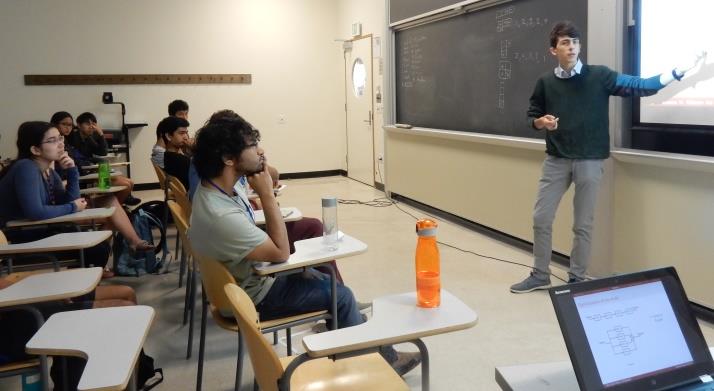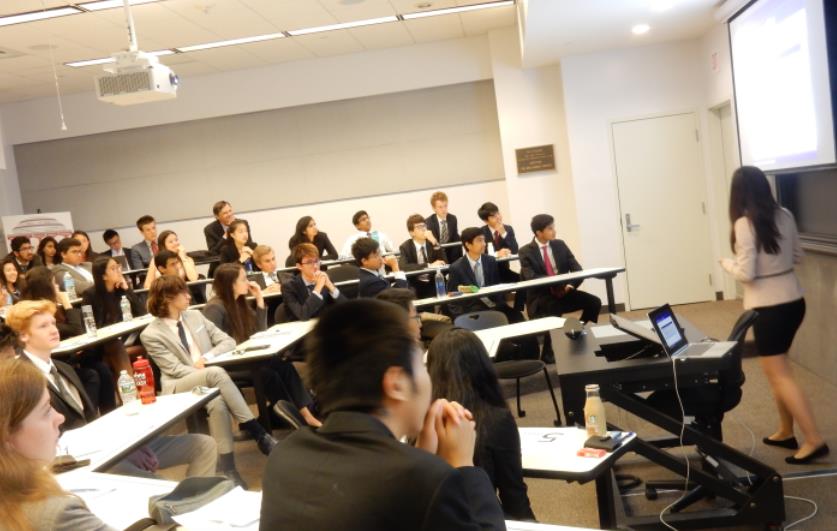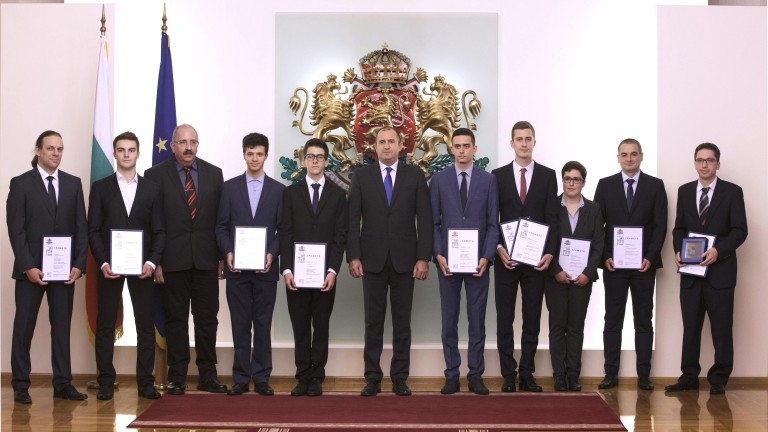When in 2017 she participated in the Research Science Institute (RSI), the world’s most prestigious summer science and engineering program for high school students, Tania Otsetarova worked on a math problem that generations of scientists before her hadn’t been able to solve (her hypothesis was difficult to prove but earned her peers’ admiration). The other Bulgarian student in the program, high school junior Ivan Ivanov, created a computer application for automated text analysis.

A few years ago, Lyubomir Yanchev developed a remote-control app for air conditioners. Shortly thereafter, he received funding in the amount of 1 million Bulgarian levs (over 620,000 US dollars) to develop his invention further. In 2016, his company Melissa Climate became Bulgaria’s Startup of the Year. Today, it offers high-end smart products to clients across Europe.
Zvezdin Bessarabov also develops innovative IT products. His applications ArduWrite, Obitcoin, and Blockchain Predictor brought him a John Atanasoff award in 2017, conferred by the president of Bulgaria.
Apart from extraordinary talent, what do Tania, Ivan, Lyubomir, and Zvezdin have in common? They all began honing their research skills and abilities in the same place—the Student Institute of Mathematics and Informatics, supported by the America for Bulgaria Foundation since 2010. The institute gives talented young people from across the country the opportunity to work on innovative practical projects in close collaboration with experienced Bulgarian researchers. Communicating with peers with a shared passion for science is another benefit of the program.

Program participants work on a variety of projects in mathematics and engineering. A robotic arm, a device measuring CPR efficiency, a mechanism that calculates calories, and mathematical models of musical works are just some of the interesting creations that have been presented at the institute’s annual conference in recent years. Every summer, the top two participants earn the right to represent Bulgaria at MIT’s Research Science Institute.
Students from the institute are also active in a number of other competitions, where they always distinguish themselves. One student won a Cyber Games: Warmup prize in 2017, while another received an award at the Annual Science and Innovation Fair that year. Several students received John Atanasoff distinctions in 2017.

Math professor Evgenia Sendova has accompanied Bulgarian high schoolers at RSI for twenty years. Her description of the MIT program could apply to the institute as well: it is “a place where being extraordinary is the most ordinary thing in the world. It creates a wonderful sense of humility, fulfills one’s yearning for recognition, and ushers students into the realm of science. Students learn to appreciate science for what it really is—a challenging journey where being creative and communicating with other passionate researchers are more important than recognition, fame, and rewards. Success comes to those who are too busy to think about it.”

